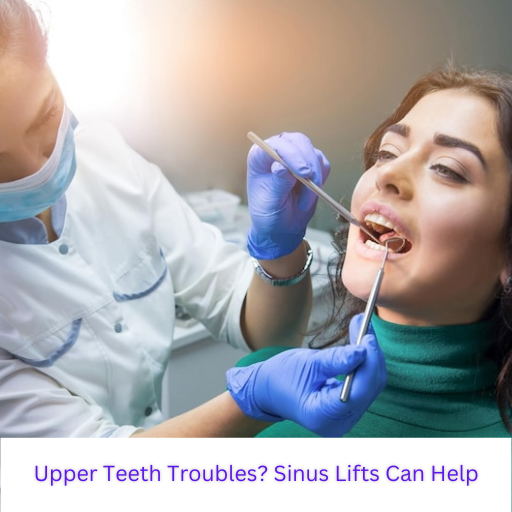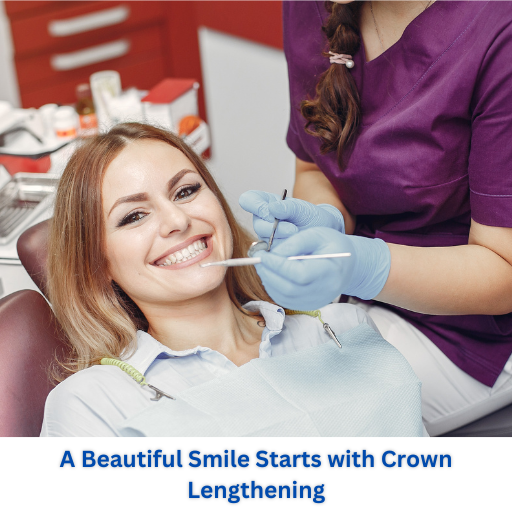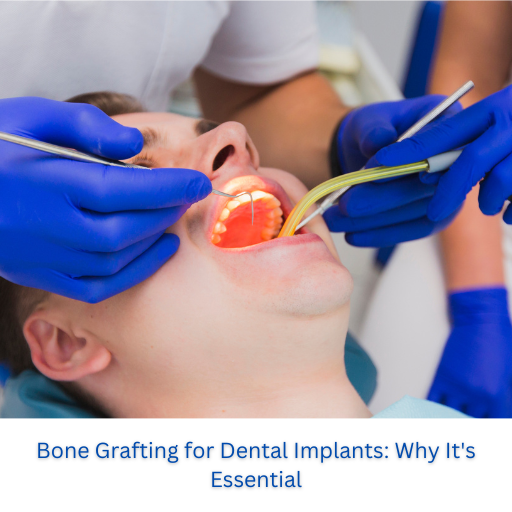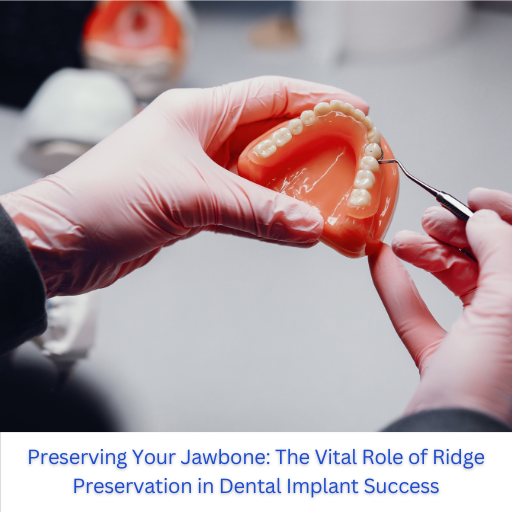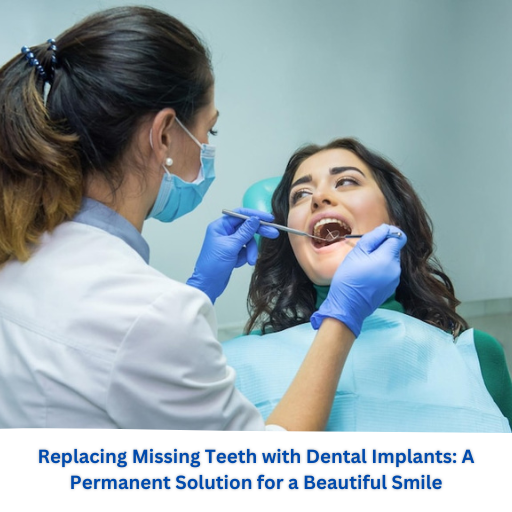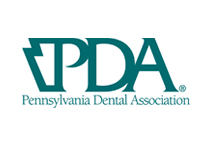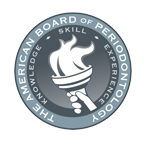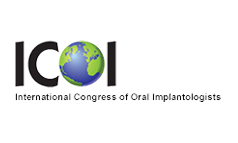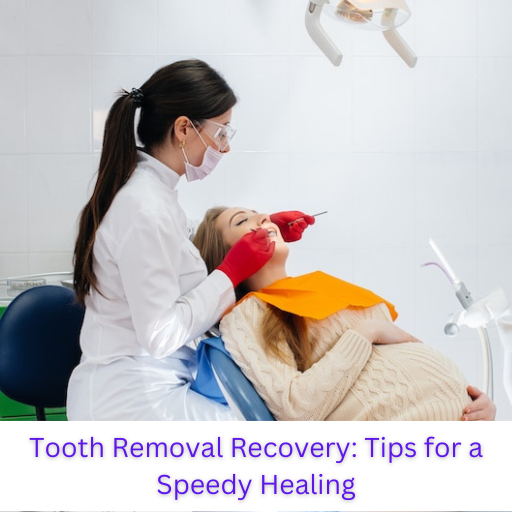
Introduction
Tooth removal, whether due to decay, infection, or orthodontic purposes, is a common dental procedure. While the process itself may seem straightforward, a critical aspect of dental care is often overlooked: the recovery period. Ensuring a smooth and speedy healing process after a tooth extraction is crucial for both your comfort and oral health. This comprehensive guide will provide valuable information and tips to facilitate a swift and comfortable recovery. Whether you’re scheduled for a tooth extraction or simply want to be prepared, read on to discover how to make your healing journey as smooth as possible.
Summary
1. Understanding Tooth Removal
2. Preparing for Tooth Removal
3. Tooth Removal Recovery Timeline
6. Oral Hygiene During Recovery
7. Complications and When to Seek Help
1. Understanding Tooth Removal
Tooth removal, also known as tooth extraction, is a common dental procedure that falls into two main categories: simple extractions and surgical extractions. Understanding these categories and why tooth removal may be necessary is essential for informed decision-making and proper aftercare.
A. Types of Tooth Removal
- Simple Extractions: These extractions typically involve the removal of visible teeth that are easily accessible by the dentist. They are often performed when the tooth has fully erupted and is relatively straightforward to extract. Simple extractions are common for damaged or decayed teeth, especially those that are no longer functional or are causing pain.
- Surgical Extractions: In contrast, surgical extractions are more complex procedures and involve teeth that are not fully erupted or have complicated root structures. Wisdom teeth, also known as third molars, are a prime example of teeth that often require surgical extractions. These teeth are usually located at the back of the mouth and can be impacted or grow at unusual angles, making their removal more challenging. Surgical extractions may also be necessary when a tooth breaks during the extraction process, or when a tooth has multiple roots that need to be carefully separated.
B. Why Tooth Removal is Necessary
Tooth removal is a necessary procedure for various reasons, and understanding why it may be recommended by your dentist is crucial.
- Severe Tooth Decay: Tooth decay, if left untreated, can progress to a point where the tooth’s structure is severely compromised. In such cases, the tooth may become painful, non-functional, and at risk of further complications. Removing the decayed tooth is often the best way to alleviate pain and prevent the spread of infection.
- Irreparable Fracture: Teeth can become fractured due to accidents, trauma, or excessive wear and tear. If the fracture is extensive and cannot be effectively repaired with restorative treatments such as crowns, tooth removal may be the only viable option.
- Advanced Gum Disease: Advanced stages of gum disease, known as periodontitis, can cause irreversible damage to the supporting structures of the teeth, including the bone. In cases where the teeth have lost significant support and are at risk of becoming loose, extraction may be recommended to prevent further tooth and bone loss.
- Overcrowding of Teeth: In some instances, orthodontic treatment, such as braces or Invisalign, may require creating space in the mouth by removing one or more teeth. Tooth removal in orthodontics is a strategic step to achieve proper alignment and a healthier bite.
- Preparing for Orthodontic Treatment: Before initiating orthodontic treatment, your dentist or orthodontist may recommend the removal of specific teeth to ensure that the remaining teeth can be properly aligned.
- Preventing Further Complications: In situations where a tooth is causing pain, infection, or poses a risk to neighboring teeth or overall oral health, its removal is considered a preventive measure to avoid more severe complications in the future.
2. Preparing for Tooth Removal
- Consultation with a Specialist: Before the tooth removal procedure, it’s crucial to schedule a consultation with a dental specialist. They will evaluate your dental health, discuss the reasons for extraction, and address any concerns or questions you may have. This step ensures that the extraction is done for the right reasons and that you are fully informed about the process.
- Pre-Operative Instructions: Your dental specialist will provide you with detailed pre-operative instructions. These instructions may include fasting for a certain period, discontinuing specific medications, and arranging transportation to and from the dental office, especially if you’ll be under anesthesia.
- Anesthesia Options: There are various anesthesia options available for tooth removal, ranging from local anesthesia to general anesthesia. Your dentist will determine the most appropriate choice based on the complexity of the extraction and your comfort level. Local anesthesia numbs the extraction area, while general anesthesia induces temporary unconsciousness.
3. Tooth Removal Recovery Timeline
Understanding the recovery timeline following a tooth removal procedure is essential for ensuring a smooth and comfortable healing process. From immediate post-operative care to the subsequent weeks, here’s what you can expect during your recovery journey:
A. Immediate Post-Operative Care
The immediate post-operative care phase begins right after the tooth removal procedure. During this critical period, the focus is on stopping any bleeding and facilitating the formation of a blood clot within the extraction site. Here’s what to expect and what you should do:
- Bleeding Control: It’s normal to experience some bleeding immediately after the extraction. Your dentist will provide you with sterile gauze to bite down on the extraction site. Applying gentle pressure with the gauze helps to control bleeding and encourages the formation of a blood clot, which is crucial for the healing process.
- Avoid Rinsing: It’s essential to avoid rinsing your mouth or spitting vigorously during the first 24 hours. These actions can dislodge the blood clot, which may lead to complications, such as dry socket.
- Rest: Rest is a key component of this phase. After the procedure, it’s advisable to take it easy and avoid strenuous activities. This rest period helps your body divert energy toward the healing process.
B. First Few Days
In the days immediately following the tooth extraction, you can expect to experience some discomfort, swelling, and possibly bruising. Proper care during this period is essential to manage these symptoms and support your healing
- Pain Management: Pain is common after a tooth extraction. Your dentist will likely prescribe pain medication, which should be taken as directed. Over-the-counter pain relievers like ibuprofen can also help alleviate discomfort, but be sure to follow your dentist’s recommendations.
- Swelling and Bruising: Swelling and bruising around the extraction site are normal responses to the surgical procedure. Applying ice packs to the affected area in 20-minute intervals during the first 48 hours can help reduce swelling and minimize bruising.
C. Subsequent Weeks
As the days turn into weeks, your body will gradually repair and rebuild the tissue around the extraction site. This is a more extended phase of recovery, and proper care is essential to avoid complications and ensure successful healing:
- Eating: During the initial days and weeks of recovery, stick to a soft diet that minimizes chewing and biting at the extraction site. This reduces the risk of irritating the area. Foods like yogurt, mashed potatoes, and smoothies are gentle options. As your healing progresses, you can gradually reintroduce solid foods.
- Oral Hygiene: Continue to maintain good oral hygiene during this period, but be cautious when cleaning your mouth. Use a soft-bristle toothbrush and avoid brushing directly over the extraction site. Carefully follow your dentist’s recommendations for brushing and flossing to prevent disturbing the healing process.
- Rinsing: Rinsing your mouth with warm saltwater can help keep the extraction site clean and reduce the risk of infection. Your dentist will provide specific instructions on when and how to perform these rinses.
Throughout the subsequent weeks, it’s essential to be mindful of your overall oral health and take any necessary precautions to ensure a successful recovery. Regular follow-up appointments with your dentist will allow them to monitor your progress and address any concerns or complications that may arise.
4. Managing Discomfort
A. Pain Management: Pain management is a critical aspect of tooth removal recovery. Your dentist will likely prescribe pain medication to help alleviate discomfort. Following the prescribed dosages and recommendations is essential. Over-the-counter pain relievers, such as ibuprofen, can also provide relief.
B. Swelling and Bruising: Swelling and bruising are common after tooth removal, particularly in surgical extractions. Applying ice packs to the affected area for 20-minute intervals can help reduce swelling and minimize bruising.
C. Bleeding: Bleeding is expected immediately after extraction but should subside within a few hours. To control bleeding, bite down on the provided gauze, applying gentle pressure. If bleeding persists, consult your dentist.
5. Diet and Nutrition
Diet and nutrition play a vital role in the recovery process following a tooth removal procedure. Choosing the right foods and beverages can help promote healing and minimize discomfort. Here’s what you need to know about diet and nutrition during your recovery:
A. Soft Foods and Liquids
During the initial recovery phase, it’s essential to stick to a diet that consists of soft foods and liquids. These choices are easier to consume, reduce the risk of putting pressure on the extraction site, and minimize the potential for irritation. Consider the following options:
- Yogurt: Yogurt is a soothing and protein-rich option that’s easy on your mouth. Opt for plain or flavored yogurt, but avoid those with chunks or seeds that could irritate the extraction site.
- Smoothies: Smoothies are an excellent choice, as they can be customized to suit your taste and nutritional needs. You can blend fruits, vegetables, yogurt, and protein powder for a nutritious and easily consumable meal.
- Mashed Potatoes: Mashed potatoes are soft, easy to eat, and can provide a comforting source of carbohydrates. You can add butter or gravy for flavor.
- Soups: Warm, soothing soups are not only easy to consume but can also provide essential nutrients. Stick to broths, clear soups, or creamy varieties without chunky ingredients.As healing progresses, you can gradually reintroduce solid foods into your diet. Listen to your body and consult with your dentist for guidance on when it’s safe to transition back to your regular diet.
B. Avoiding Certain Foods
To prevent irritation and complications during the recovery period, it’s crucial to avoid specific types of foods and beverages. Steer clear of the following:
- Hard and Crunchy Foods: Foods like nuts, chips, popcorn, and raw vegetables can be abrasive and potentially harm the extraction site.
- Spicy Foods: Spicy foods can cause discomfort and irritation to the surgical area, so it’s best to avoid them until you’re fully healed.
- Hot Beverages: Hot drinks, such as coffee, tea, or soup, should be consumed with caution. Extreme temperatures can irritate the extraction site. Let these beverages cool to a comfortably warm temperature before consuming.
- Alcohol: Alcohol should be avoided during the initial recovery phase. It can interfere with the healing process, interact with medications, and potentially lead to complications.
C. Staying Hydrated
Staying hydrated is crucial for your overall health and the healing process. However, when it comes to beverages, it’s important to use caution. Follow these guidelines:
- Drink Plenty of Water: Proper hydration is essential for the healing process and your general well-being. Ensure you’re drinking enough water throughout the day.
- Avoid Straws: Using straws can create a sucking motion that may dislodge the blood clot in the extraction site. This can lead to complications like dry socket. Instead, sip water directly from a glass or bottle.
By carefully selecting your foods and beverages and following these guidelines, you can support your recovery and minimize the risk of complications during the healing period. Always consult with your dentist for personalized dietary recommendations tailored to your specific needs and the nature of your tooth removal.
6. Oral Hygiene During Recovery
A.Gentle Care for the Extraction Site: During the recovery period, it’s important to maintain oral hygiene while being gentle around the extraction site. Use a soft-bristle toothbrush and avoid brushing directly over the extraction area. Be cautious when rinsing and spitting to prevent dislodging the blood clot.
B. Brushing and Flossing: Continue to brush and floss the rest of your teeth as usual, but do so gently and carefully. You can resume more vigorous oral care once your dentist gives you the green light.
C. Rinsing with Saltwater: Rinsing your mouth with warm saltwater can help keep the extraction site clean and reduce the risk of infection. Your dentist will provide specific instructions on when and how to perform these rinses.
7. Complications and When to Seek Help
A. Signs of Infection: While infections after tooth removal are rare, it’s crucial to be vigilant. If you experience severe pain, swelling, fever, or discharge from the extraction site, contact your dentist immediately.
B. Dry Socket: Dry socket is a painful condition that occurs when the blood clot dislodges or dissolves prematurely. If you experience severe pain, bad breath, or an unpleasant taste in your mouth, consult your dentist.
C. Other Complications: Complications such as excessive bleeding, numbness, or unusual symptoms warrant prompt attention. Always reach out to your dentist if you have concerns during your recovery.
8. FAQs (Frequently Asked Questions)
Q1. How long does it take for the extraction site to heal completely?
A1. The complete healing of an extraction site can take several weeks to a few months. Your dentist will monitor your progress during follow-up visits.
Q2. Can I smoke after a tooth extraction?
A2. Smoking can delay healing and increase the risk of complications. It’s strongly recommended to avoid smoking during the recovery period.
Q3. What should I do if I accidentally dislodge the blood clot?
A3.If the blood clot is dislodged, it can lead to dry socket and increased pain. Contact your dentist immediately if this happens.
Q4. When can I resume regular oral hygiene practices?
A4.You can gradually resume your regular oral hygiene practices as your dentist advises, usually after the initial healing phase.
Q5. How can I minimize scarring at the extraction site?
A5. To minimize scarring, follow your dentist’s post-operative care instructions diligently and avoid irritating the extraction site. Scarring is typically minimal and may fade over time.
Conclusion
Recovering from tooth removal is a process that requires patience and care. By following the advice provided in this guide, you can enhance your healing experience, minimize discomfort, and reduce the risk of complications. Remember that your dentist is your best resource for personalized guidance during your recovery, so never hesitate to reach out if you have any concerns or questions. With the right approach, your oral health will be on the path to a speedy and comfortable recovery.
For a comprehensive and in-depth exploration of tooth removal recovery and related topics, we encourage you to visit our website at https://premierperiodonticspa.com/ Our website offers a wealth of extensive resources that can further enrich your understanding of tooth removal, oral health, and related subjects.
If you have specific inquiries, need personalized assistance, or would like to schedule a consultation, please do not hesitate to contact us at (267) 908-4867. Our dedicated team is readily available to provide you with the information and support you may require. Your smile is our priority, and we’re here to make your dental experience as comfortable and successful as possible.




